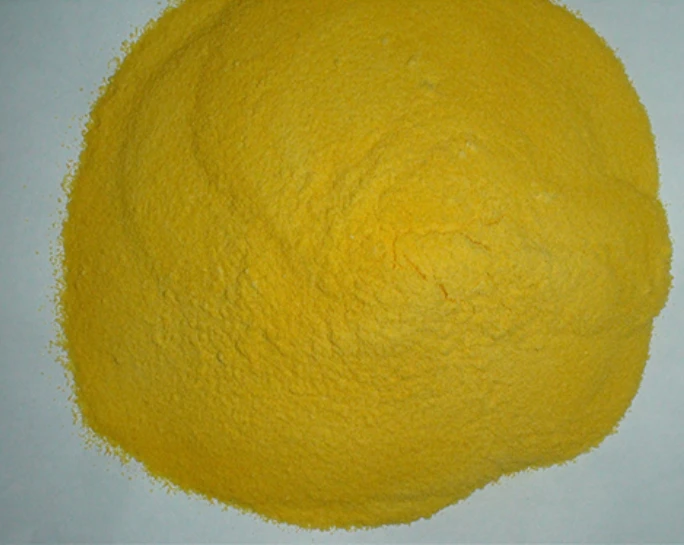water scale inhibitor
Understanding Water Scale Inhibitors Essential for Efficient Water Management
Water is an invaluable resource, essential for life, industry, and agriculture. However, one of the challenges associated with water usage, particularly in industrial and agricultural settings, is the formation of scale deposits. Water scale, primarily composed of mineral salts like calcium carbonate, can clog pipes, reduce the efficiency of heating and cooling systems, and lead to significant maintenance costs. To combat this issue, water scale inhibitors have become a crucial component in water management strategies.
What Are Water Scale Inhibitors?
Water scale inhibitors are chemical additives designed to prevent the precipitation and accumulation of mineral deposits in water systems. They work by altering the physical and chemical properties of the dissolved minerals, preventing them from crystallizing and forming solid deposits. These inhibitors can be applied in various contexts, including cooling towers, boilers, pipes, and even in domestic water systems.
Types of Water Scale Inhibitors
There are several types of water scale inhibitors, each functioning through different mechanisms
1. Threshold Inhibitors These compounds prevent scale formation by staying in the solution and inhibiting crystal growth. Common examples include polyphosphates and polyacrylates. They do this by adsorbing onto the surface of nucleating crystals, preventing them from growing larger and leading to deposits.
2. Crystal Modifiers These inhibitors change the crystal structure of the minerals, making it less likely for them to adhere to surfaces. They alter the morphology of the crystals, resulting in smaller, more easily removed particles rather than solid deposits.
3. Sequestering Agents These compounds bind to specific ions in solution, effectively 'capturing' them and preventing them from reacting with other ions to form scale. Citric acid and EDTA (ethylenediaminetetraacetic acid) are common examples.
Benefits of Using Water Scale Inhibitors
water scale inhibitor

The use of water scale inhibitors boasts numerous advantages
- Efficiency Improvement By preventing scale formation, these inhibitors ensure the smooth operation of systems such as boilers and cooling towers. This leads to improved heat transfer efficiencies and reduced energy consumption.
- Cost Savings Regular use of scale inhibitors can significantly reduce maintenance costs associated with cleaning and repairing scaled equipment. The long-term financial benefits often outweigh the initial cost of the chemicals.
- Extended Equipment Life Preventing scale buildup can prolong the lifespan of critical equipment. Less downtime and fewer repairs lead to a more reliable operation overall.
- Environmental Impact Efficient water management helps conserve water resources, making operations more sustainable. By minimizing scale, energy use is reduced, contributing to lower greenhouse gas emissions associated with power generation.
Application and Considerations
When implementing water scale inhibitors, it's essential to consider the specific conditions of the water system, including pH levels, temperature, and the types of minerals present. Each scale inhibitor can have varying effectiveness depending on these parameters. Additionally, the application dosage must be correctly calibrated to achieve optimal results without causing any adverse effects.
Moreover, some inhibitors can have ecological implications, particularly if they enter natural water bodies. It’s vital to choose environmentally friendly options when possible and follow local regulations regarding chemical use.
Conclusion
In an era where efficient water management is more crucial than ever, water scale inhibitors play a significant role in maintaining the functionality of various water systems. By preventing scale formation, these chemicals facilitate better energy efficiency, cost savings, and extended asset life. As industries strive for sustainability and operational excellence, the proper use of scale inhibitors will remain an integral part of their water management strategies. Understanding the types and benefits of these inhibitors is essential for businesses seeking to improve their water systems and reduce their environmental footprint.
-
Water Treatment with Flocculant Water TreatmentNewsJun.12,2025
-
Polymaleic AnhydrideNewsJun.12,2025
-
Polyaspartic AcidNewsJun.12,2025
-
Enhance Industrial Processes with IsothiazolinonesNewsJun.12,2025
-
Enhance Industrial Processes with PBTCA SolutionsNewsJun.12,2025
-
Dodecyldimethylbenzylammonium Chloride SolutionsNewsJun.12,2025





